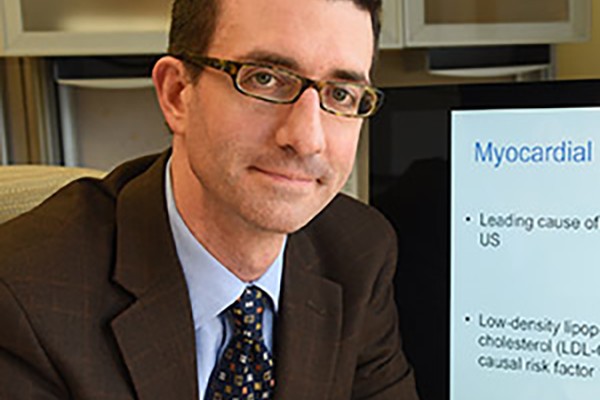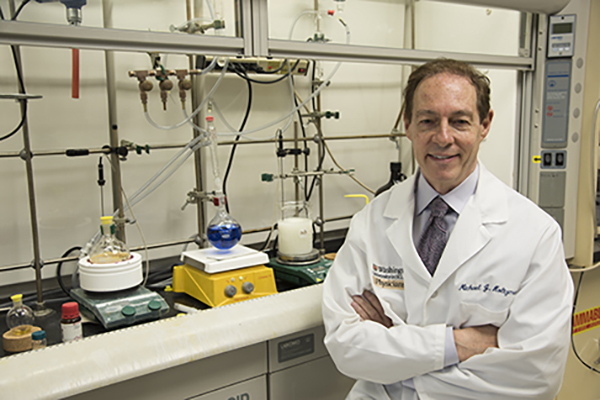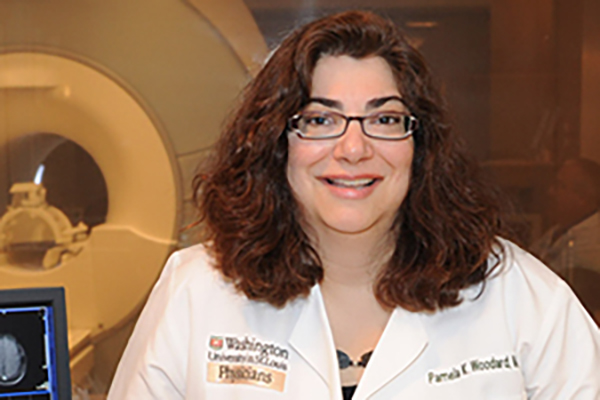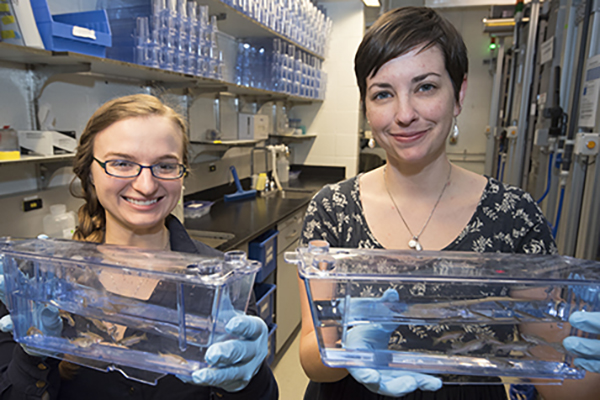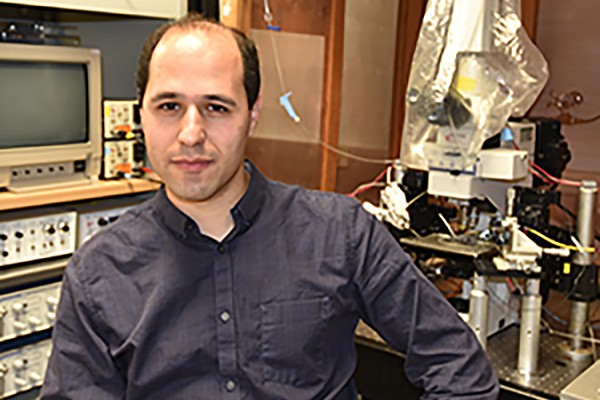Innovative light therapy reaches deep tumors
Researchers led by Samuel Achilefu, PhD, at the School of Medicine have devised a way to apply light-based therapy to deep tissues never before accessible. Instead of shining an outside light, they delivered light directly to tumor cells, along with a photosensitive source of free radicals that can be activated by the light to destroy cancer.
Mental health soon after war-zone concussions predicts disability
Evaluating military personnel with blast-related mild traumatic brain injuries, researchers have found that early symptoms of post-traumatic stress, such as anxiety, emotional numbness, flashbacks and irritability, are the strongest predictors of later disability. The study was led by the School of Medicine.
Study shows who benefits most from statins
New research suggests that widely used statin therapy provides the most benefit to patients with the highest genetic risk of heart attack. Using a relatively straightforward genetic analysis, the researchers, including Nathan O. Stitziel, MD, PhD, assessed heart attack risk independently of the traditional risk factors.
Epigenome orchestrates embryonic development
Studying zebrafish embryos, researchers at Washington University School of Medicine in St. Louis have shown that the epigenome plays a significant part in guiding development in the first 24 hours after fertilization. The research may deepen understanding of congenital defects and miscarriage.
Camel, alpaca antibodies target anticancer viruses directly to tumors
Using antibodies from camels and alpacas, scientists led by David T. Curiel, MD, PhD, at Washington University School of Medicine in St. Louis have found a way to deliver anticancer viruses directly to tumor cells, leaving other types of cells uninfected. The discovery may solve a longstanding problem in the field of gene therapy.
$5 million funds research to develop drugs for common cold, respiratory diseases
A Washington University drug discovery program, led by Michael Holtzman, MD, has received three grants totaling more than $5 million to develop new medical therapeutics for respiratory diseases. The target illnesses range from the common cold to life-threatening lung disease.
Washington People: Shin-ichiro Imai
Shin-ichiro Imai, MD, PhD, is a professor of developmental biology and of medicine at Washington University School of Medicine in St. Louis. Over the past three decades, his research has shed light on the processes of aging and longevity as he has sought to help people maintain better health into later years.
Nanoparticle that lights up artery-clogging plaque to be evaluated in clinical trial
The Food and Drug Administration (FDA) has approved for testing in people a nanoparticle-based imaging agent jointly developed at the School of Medicine and collaborating institutions. The imaging agent may illuminate dangerous plaque in arteries, and doctors hope to use it to identify patients at high risk of stroke.
Scientists find gene vital to central nervous system development
Using Washington University’s state-of-the-art zebrafish facility, scientists have identified a gene that helps regulate how well nerves of the central nervous system are insulated. The finding may have implications for human diseases such as multiple sclerosis, in which this insulation is lost.
New genetic clues found in fragile X syndrome
Scientists, led in part by Washington University’s Vitaly Klyachko, PhD, have gained new insight into fragile X syndrome — the most common cause of inherited intellectual disability — by studying the case of a person without the disorder, but with two of its classic symptoms.
View More Stories


